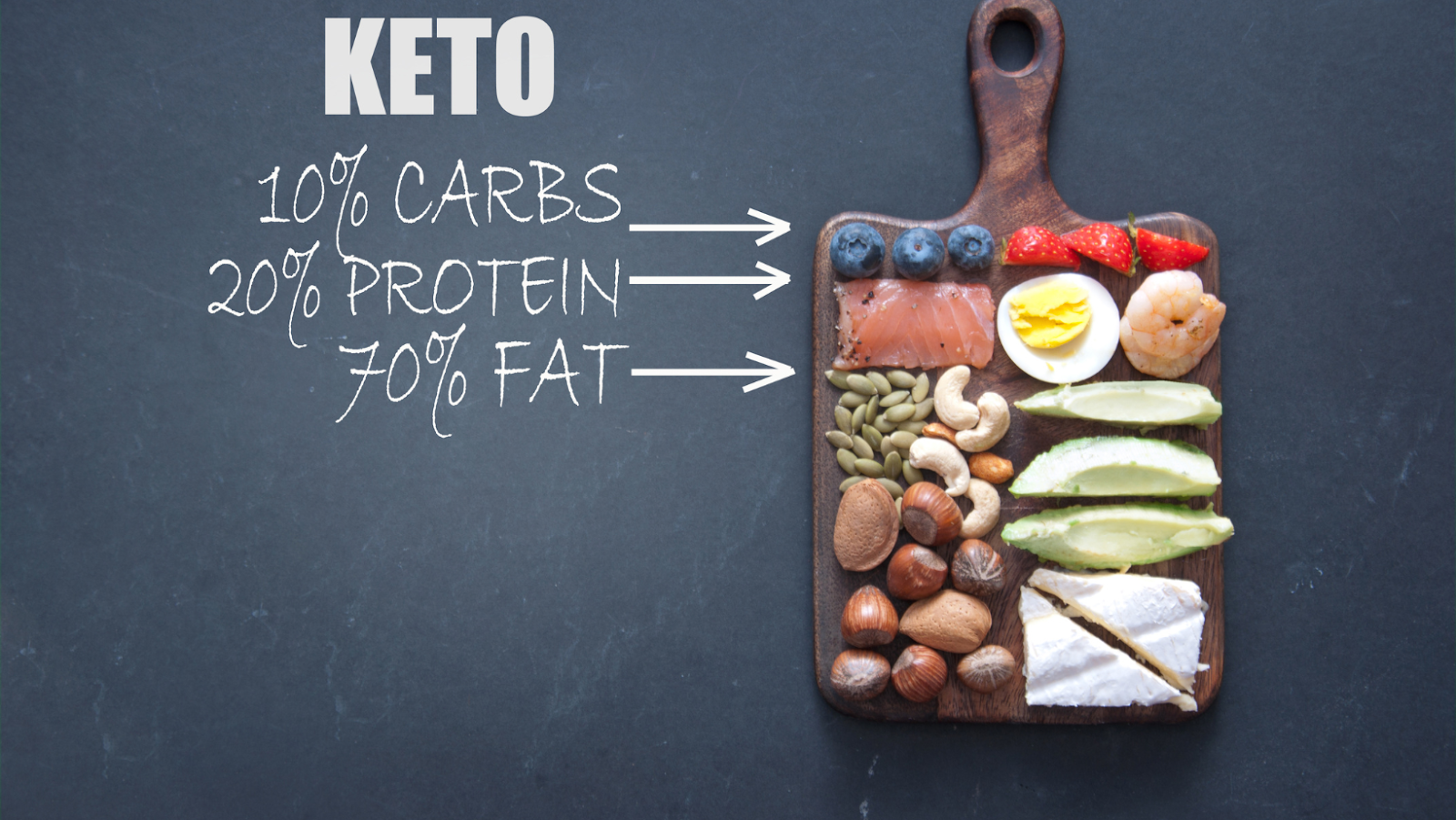The Health Benefits of The Mediterranean Diet

This way of eating can help protect against heart disease, stroke, and some forms of cancer. There are many different interpretations of the Mediterranean diet, but it typically includes plenty of fruits, vegetables, whole grains, beans, nuts, and olive oil. Fish and poultry are eaten in moderate amounts, dairy is consumed sparingly, and red meat is eaten only occasionally.
There are many health benefits associated with following this diet. For example, it can help protect against heart disease, stroke, and some forms of cancer. It may also help improve cognitive function and reduce the risk of developing Alzheimer’s disease. The Mediterranean diet is not a fad or a diet to lose weight quickly. It is a healthy way of eating that can be enjoyed for a lifetime.
Mediterranean diet vs Paleo
The Paleo diet is based on the premise that we should eat like our Paleolithic ancestors – that is, those who lived before the advent of agriculture. This way of eating is also known as the “caveman” or “stone age” diet. The Paleo diet includes lean meats, fish, fruits, vegetables, nuts, and seeds. It excludes dairy, grains, legumes, processed foods, and refined sugars.
There are some similarities between the Paleo diet and the Mediterranean diet. Both emphasize eating whole, unprocessed foods. However, there are also some important differences. The Paleo diet is much more restrictive, eliminating entire food groups such as grains and legumes. The Mediterranean diet is also lower in protein and fat, and higher in carbohydrates, than the Paleo diet.
The Mediterranean diet is based on whole, unprocessed foods
The Paleo diet is based on the premise that we should eat like our Paleolithic ancestors. The Mediterranean diet includes lean meats, fish, fruits, vegetables, nuts, and seeds. The Paleo diet excludes dairy, grains, legumes, processed foods, and refined sugars. The Mediterranean diet is also lower in protein and fat, and higher in carbohydrates, than the Paleo diet.
The Mediterranean diet has been shown to have many health benefits, including improved heart health, cognitive function, and decreased risk of some chronic diseases. The Paleo diet has also been shown to have some health benefits, but it is not as well studied as the Mediterranean diet.
It’s high in fruits, vegetables, and healthy fats
The Mediterranean diet is high in fruits, vegetables, and healthy fats. It includes plenty of fruits, vegetables, whole grains, beans, nuts, and olive oil. Fish and poultry are eaten in moderate amounts, dairy is consumed sparingly, and red meat is eaten only occasionally. The Paleo diet is also high in protein and fat, but it is lower in carbohydrates than the Mediterranean diet.
The Mediterranean diet has been shown to have many health benefits, including improved heart health, cognitive function, and decreased risk of some chronic diseases. The Paleo diet has also been shown to have some health benefits, but it is not as well studied as the Mediterranean diet.
The Mediterranean diet has been linked to a number of health benefits
The Mediterranean diet has been linked to a number of health benefits, including improved heart health, cognitive function, and decreased risk of some chronic diseases. The most well-known and researched benefit of the Mediterranean diet is its impact on heart health. Studies have shown that this way of eating can help protect against heart disease, stroke, and some forms of cancer. The Mediterranean diet may also help improve cognitive function and reduce the risk of developing Alzheimer’s disease.
There are many health benefits associated with following this diet. For example, it can help protect against heart disease, stroke, and some forms of cancer. It may also help improve cognitive function and reduce the risk of developing Alzheimer’s disease. The Mediterranean diet can be a healthy way of eating for a lifetime.

 Fad Diets and Long-Term Solutions: A History of Dieting Trends
Fad Diets and Long-Term Solutions: A History of Dieting Trends  5 Weight Loss Myths
5 Weight Loss Myths  The Secret to Getting More Energy and Endurance When you are on a Keto Diet
The Secret to Getting More Energy and Endurance When you are on a Keto Diet  The Ultimate Guide to Keto Carrots
The Ultimate Guide to Keto Carrots  The 1 Question You Must Answer Before Starting Keto
The 1 Question You Must Answer Before Starting Keto  The Healthiest Fruit For A Keto Diet
The Healthiest Fruit For A Keto Diet